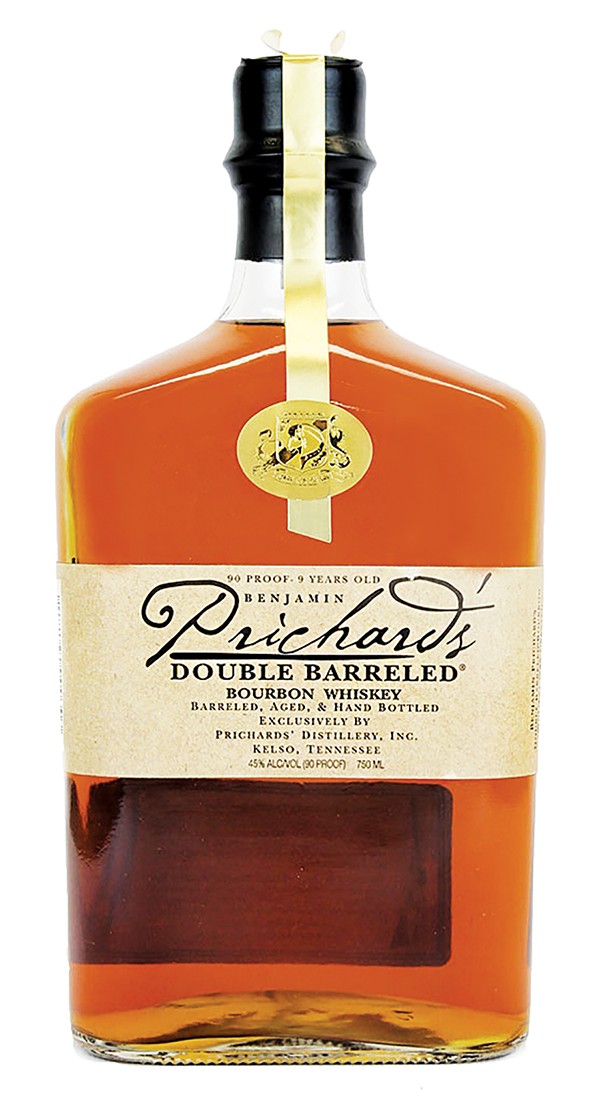This weekend, music aficionados not overly damaged by Gonerfest will be making that breezy drive down to New Orleans, our sister city of soul. They’ll be chasing the sounds of old vinyl brought to life, marveling that one can still see pioneers of soul, R&B, swamp pop, rockabilly, and garage rock who the mass media spotlight has long since neglected. It’s Ponderosa Stomp time, and the threads linking Memphis with the festival, now an institution in the Big Easy, go back to its earliest days.
I still recall Andria Lisle telling me, back in the ’90s, about a wedding she’d attended in New Orleans that featured, instead of the usual party band, a performance by Eric Burdon of the Animals. That was the first I heard of Ponderosa Stomp founder Ira Padnos, the anesthesiologist known as “Dr. Ike”: a man who takes his music very, very seriously.
“The Ponderosa Stomp is like Ira’s record collection coming to life,” says local producer and bandleader Scott Bomar, who’s seen many Stomps over the years. “He’ll have all these obscure records, and he’ll start to wonder, ‘Well, where is so and so? Where’s this obscure swamp-pop artist? Why haven’t they played?’ He’ll go on expeditions to try to find folks. It’s pretty amazing, the research he does. He just gets obsessed with certain artists. And sometimes he can track ’em down and sometimes he can’t, but he’s sorta the master of finding these artists who maybe only cut one record in their entire lives, that maybe 500 copies were ever pressed of. So it’s interesting; he likes to celebrate great unheralded talent.”
Padnos’ wedding party was just the beginning. “He used to do shows at the Circle Bar,” recalls Bomar. “And, kind of like the Ponderosa Stomp is named after a song on Excello Records, he would name these parties after songs. I know he had one called ‘I Got Loaded.’ Those Circle Bar shows were amazing. He would hire me to play bass behind people down there. I remember playing with D.J. Fontana on drums, Paul Burlison on guitar, Alex Chilton on guitar, and we backed up a couple of rockabilly guys.”
The search for obscure genius has often led Padnos to Memphis. As he told OffBeat Magazine in 2011, “I always loved the song ‘Bar-B-Q,’ so we were trying to track down Wendy Rene, but that was hard because nobody knew her real name.” Naturally, he found her, and before long, she was once again singing her ode to pulled pork.
But the Stomp is not just about obscurity. One headliner of this year’s show is Roky Erickson, the famously off-kilter singer for the 13th Floor Elevators who has staged somewhat of a comeback in the past decade. Closer to home, Carla Thomas and her sister Vaneese, daughters of Rufus Thomas, are hardly obscure. With her “B-A-B-Y” featured in the film Baby Driver, Carla is back in the spotlight again. And sister Vaneese, whose “Let’s Talk It Over” single on Geffen was a top 10 hit in the ’80s, has begun turning heads in the blues world recently with a new record this year, The Long Journey Home. “When I put out Blues for My Father in 2014, that was my first foray into the blues. I did that really in honor of daddy, obviously. Because people don’t know that he sang blues all through his career, from the beginning to the end,” Vaneese says. “So, I wanted to dab my toe in that, and I’ve grown to love it. I want to sing more earthy stuff.”
Bomar and his band the Bo-Keys will be backing the Thomas sisters, who only began performing together in 2002. The Bo-Keys will also back Memphis soul singer Don Bryant, who had some now-rare releases in the ’60s before focusing on writing hits for Hi Records into the ’70s. Bryant is hardly obscure either these days, having just played packed houses in New York and Europe this summer. Other Memphis artists on the bill this year include Linda Gail Lewis, Jerry Lee’s talented sister, and legendary session guitarist Reggie Young, who will be featured in a panel discussion at the festival’s Music History Conference.
Ponderosa Stomp performances will be at the Orpheum Theater, New Orleans, October 6th-7th, with a gospel brunch show on Sunday, October 7th. Music History Conference events are hosted at the Ace Hotel, October 5th-6th, as is the Record Show, October 5th-7th. For details, go to www.ponderosastomp.com.
